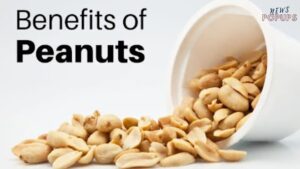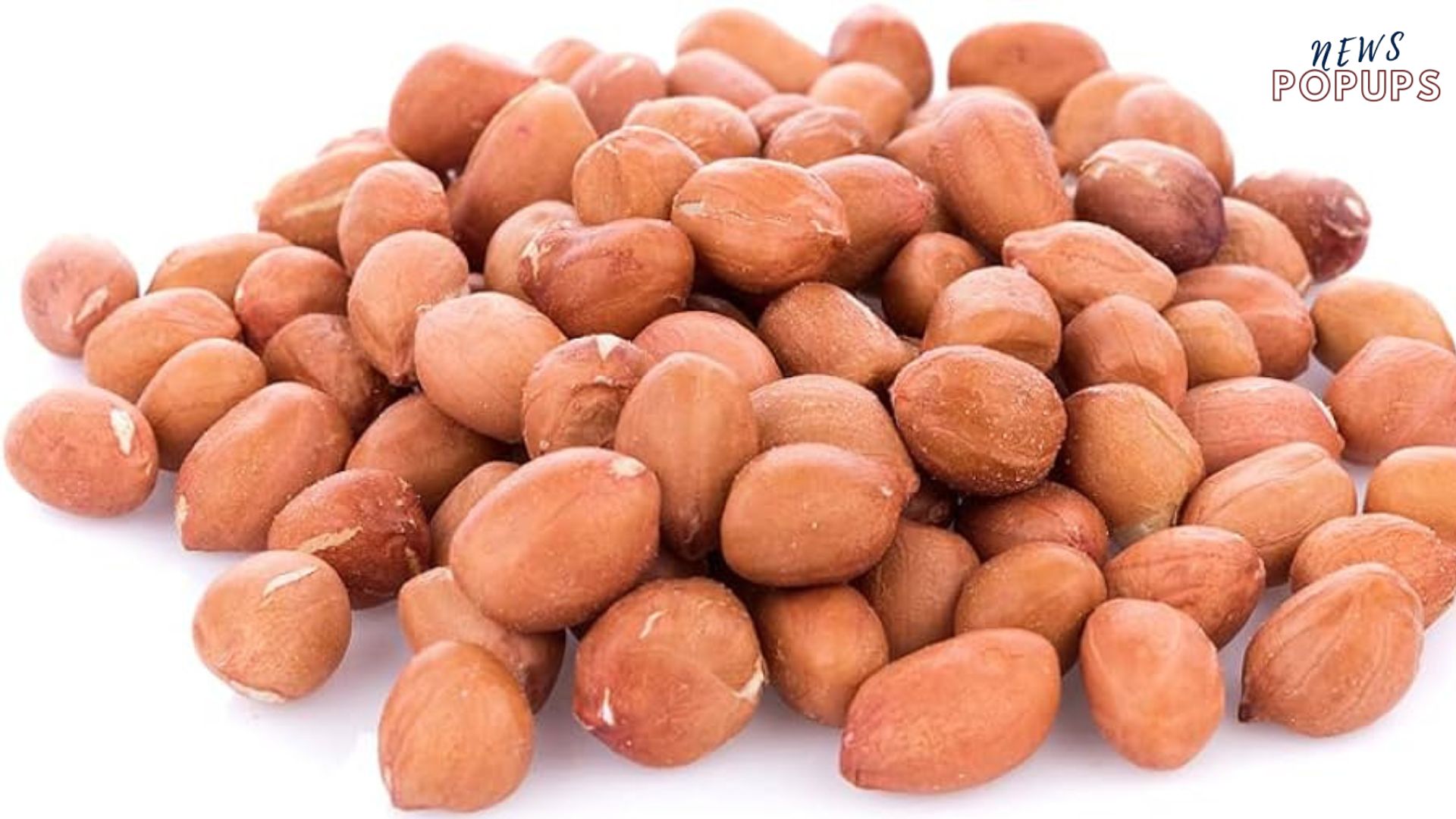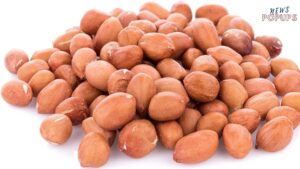Introduction
Health Benefits of Peanuts, often considered just a simple snack, are actually a nutritional powerhouse loaded with essential vitamins, minerals, and healthy fats. Despite their small size, peanuts provide a wealth of health benefits that contribute to overall well-being. Whether consumed as peanut butter, roasted peanuts, or in various dishes, they play a crucial role in maintaining a healthy lifestyle.
Nutritional Profile of Peanuts
Peanuts are an excellent source of protein, fiber, and healthy fats, making them an ideal food for people of all ages. Here’s a breakdown of their key nutrients:
- Protein – Supports muscle growth and repair
- Healthy Fats – Mostly monounsaturated and polyunsaturated fats, beneficial for heart health
- Fiber – Promotes digestion and gut health
- Vitamins – Rich in Vitamin E, B-complex vitamins, and folate
- Minerals – High in magnesium, phosphorus, potassium, and zinc
- Antioxidants – Contains resveratrol and other compounds that fight oxidative stress
Health Benefits of Peanuts
1. Supports Heart Health
Peanuts are rich in monounsaturated and polyunsaturated fats, which help lower bad cholesterol levels (LDL) while increasing good cholesterol (HDL). Studies suggest that regular consumption of peanuts can reduce the risk of cardiovascular diseases.
2. Aids in Weight Management
Despite being calorie-dense, peanuts can help in weight management. The combination of protein, fiber, and healthy fats helps keep you full longer, reducing overall calorie intake and preventing overeating.

3. Boosts Brain Function
Peanuts are packed with niacin and resveratrol, two essential nutrients that support cognitive function and may help prevent neurodegenerative diseases like Alzheimer’s.
4. Enhances Digestive Health
The high fiber content in peanuts aids digestion by promoting a healthy gut microbiome, preventing constipation, and ensuring smooth bowel movements.
5. Regulates Blood Sugar Levels
Peanuts have a low glycemic index, making them an excellent snack option for people with diabetes. They help stabilize blood sugar levels and reduce the risk of insulin resistance.
6. Promotes Skin and Hair Health
Rich in Vitamin E and biotin, peanuts contribute to healthy skin and strong hair by fighting free radical damage and improving hydration.
7. Strengthens Bones
Magnesium, phosphorus, and calcium found in peanuts play a crucial role in maintaining strong and healthy bones, reducing the risk of osteoporosis.
8. Boosts Energy Levels
Peanuts provide a steady release of energy, making them an ideal snack for athletes, students, and individuals with busy lifestyles.
How to Include Peanuts in Your Diet
There are numerous ways to incorporate peanuts into your daily meals:
- Snack on roasted peanuts – A quick and healthy option
- Peanut butter on whole-grain toast – A nutritious breakfast choice
- Peanut-based sauces and dressings – Adds flavor to salads and dishes
- Smoothies with peanut butter – A great post-workout energy booster
- Homemade peanut granola bars – A wholesome and delicious snack
Are There Any Risks of Eating Peanuts?
While peanuts are highly nutritious, some individuals need to be cautious:
- Allergies – Peanuts are a common allergen and can cause severe reactions in sensitive individuals.
- Aflatoxin Contamination – Improper storage can lead to fungal contamination, producing harmful aflatoxins. Always choose high-quality peanuts.
- Caloric Density – Excessive consumption can contribute to weight gain if not balanced with an active lifestyle.
Conclusion
Peanuts are a versatile and nutritious food that offers a multitude of health benefits. From supporting heart health and brain function to aiding digestion and weight management, they are an excellent addition to a balanced diet. However, moderation is key, and it is essential to ensure safe consumption, especially for those with allergies. So, the next time you reach for a snack, consider grabbing a handful of peanuts for a nutrient-packed energy boost.
































